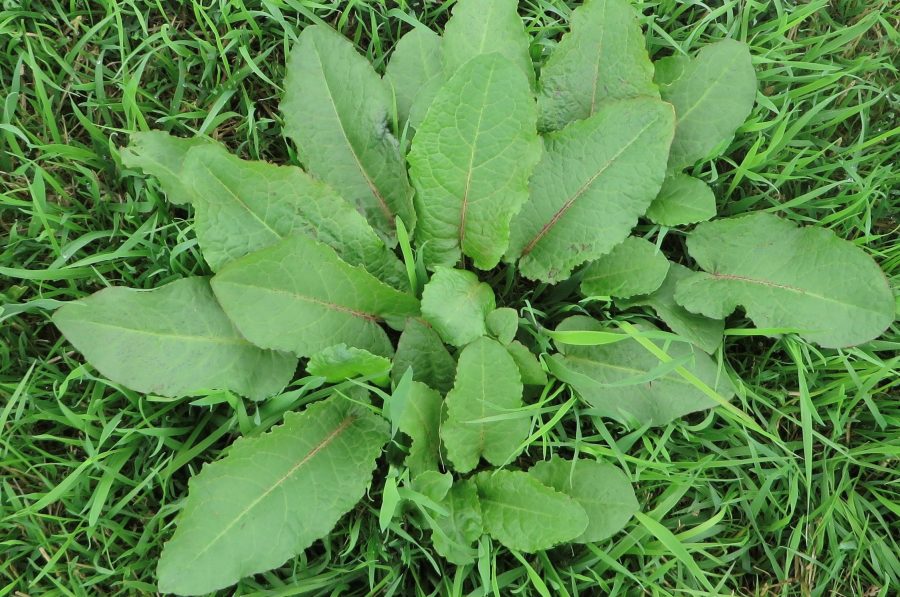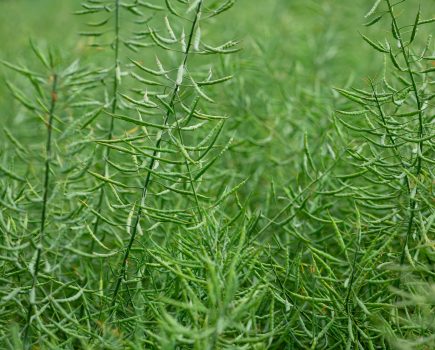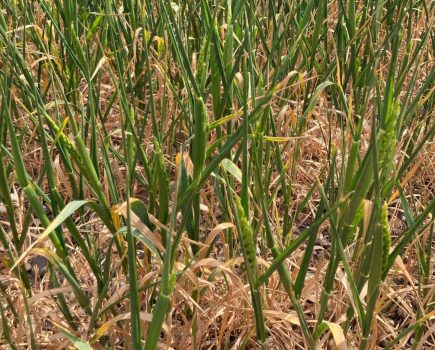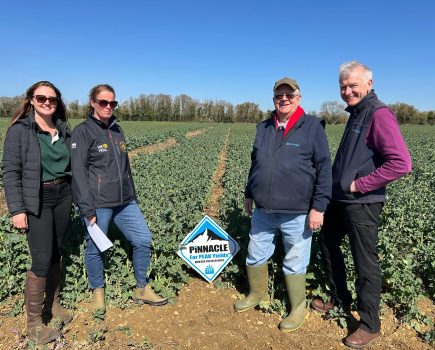A wet autumn followed by a very wet spring means weeds are thriving and giving grassland farmers yet another problem to grapple with.
Many pastures were left unsprayed in the autumn as the wet weather set in, allowing grassland weeds to become more established than ever.
Ryan Came-Johnson, area manager at Corteva, said: “There were a lot of weeds untreated in the back end of last year, with some unable to be sprayed last spring, so the situation has intensified. The weed burden across the country has kept on building as ground remains wet preventing access.
“Weed-infested grasslands pose an additional economic burden for livestock farmers by reducing the quality and quantity of available forage.”
Added to this, farmers have been contending with higher levels of poaching this season, another risk factor for vibrant weed growth. And although typically associated with cattle, even sheep are causing poaching issues on the unusually sodden land.
Ryan explained: “Poaching creates thin areas of pasture and gaps, potentially leaving a more open sward as well as disturbing the soil structure and can allow problem weeds to encroach in these areas. We are currently seeing problems with chickweed, buttercup and docks.
“To make the most of a difficult situation, I strongly advise farmers to tackle weeds in their grassland this spring with robust weed control; it’ll be worth the time and effort.”
To cope with the wet conditions, some farmers will have had a sacrifice field where silage bales have been put out, accepting the ground will be ruined by livestock. These fields will need a spring reseed, he suggested.
“If you are reseeding, don’t forget weed control in the newly sown ley. Once grasses have reached the three-leaf stage, check whether a herbicide spray is needed to remove any annual weeds, such as chickweed and redshank, or perennials such as docks and thistles. Left unchecked, they’ll take hold and smother the new grass.
“Herbicides should be applied when weeds are small and actively growing. It is more economical and effective to treat weeds at this stage than wait for them to establish and treat when they are bigger.”
Picture: Docks can be a problem following poaching







